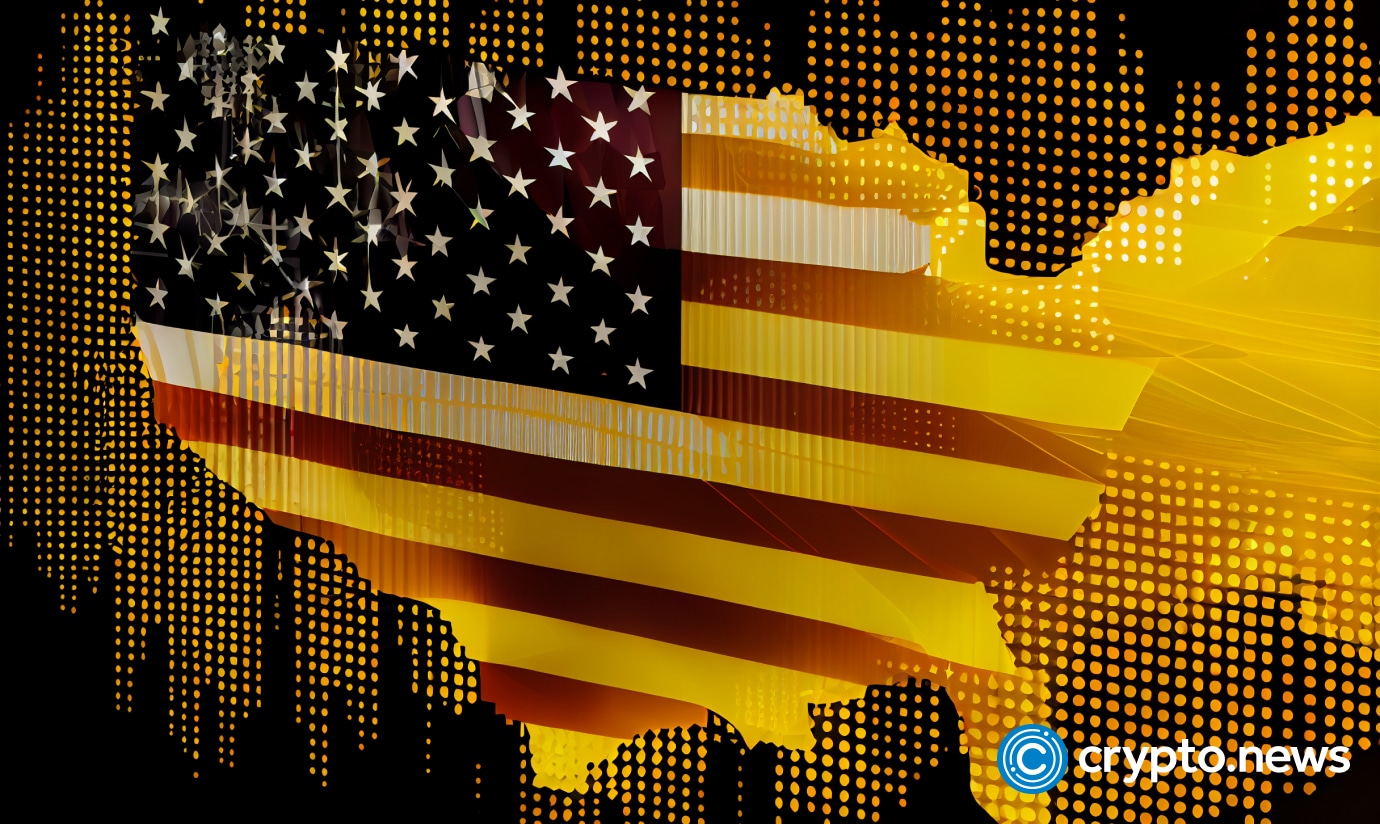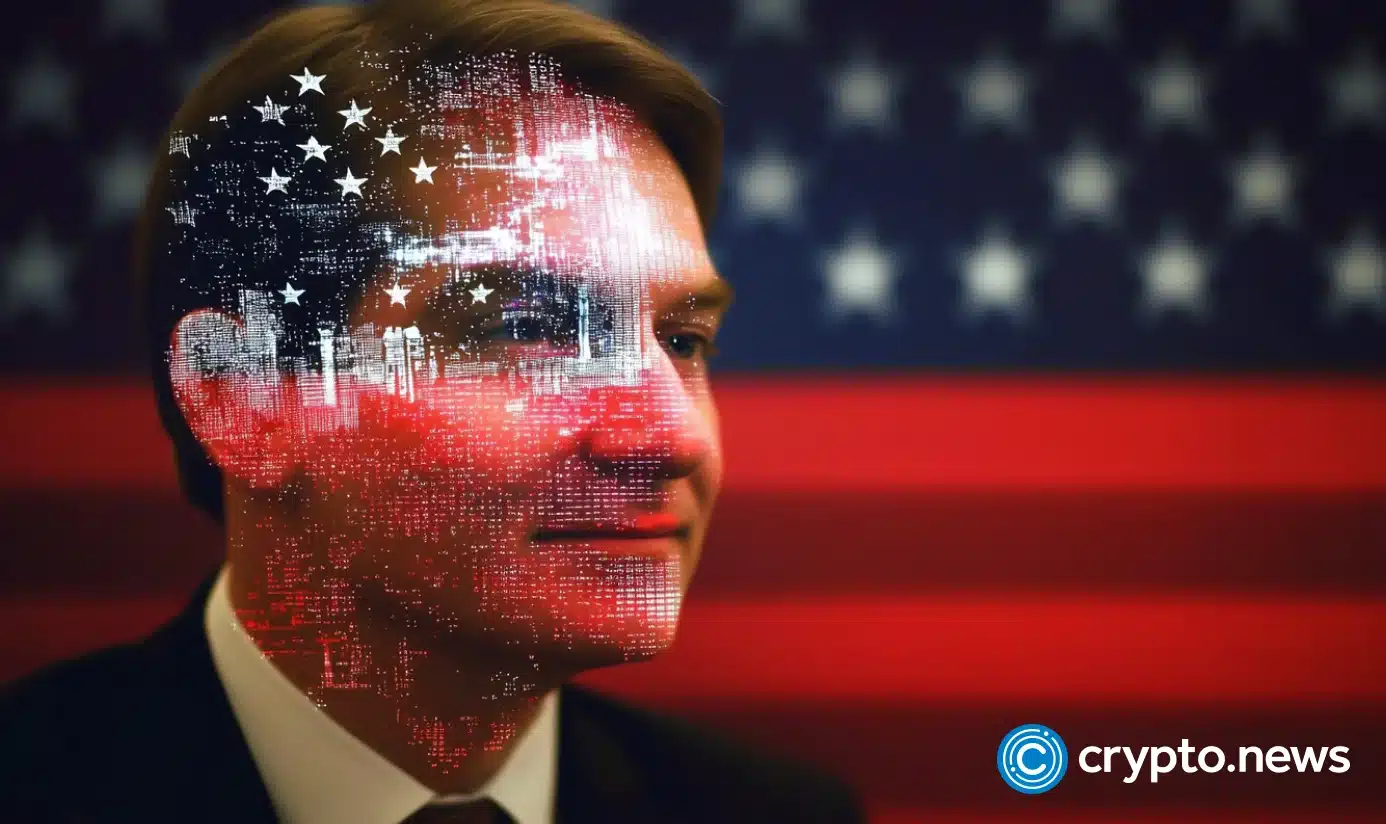
David Sacks, Trump’s crypto czar, said stablecoins could potentially strengthen U.S. dollar dominance just hours after Senator Hagerty proposed the GENIUS Act.
White House AI and crypto czar David Sacks hosted a press conference alongside other GOP officials to outline President Donald Trump’s vision for America’s digital asset landscape.
Sacks stated that stablecoins, fiat-pegged dollars running on blockchains, could help reinforce global U.S. dollar dominance. Policy discussions on the matter suggest that new regulations may require market participants to hold reserves almost exclusively in U.S. Treasury Bills.
Developments on Feb. 4 indicate that Congress may prioritize stablecoin regulation under the Trump administration. Indeed, Senator Bill Hagerty introduced the GENIUS Act to clarify rules and establish standards for a critical sector of crypto transactions.
Responding to a question on Trump’s Bitcoin (BTC) reserve promises, Sacks said that exploring the “feasibility of a strategic BTC reserve” was a top priority for the crypto council. The U.S. is currently the largest sovereign BTC holder, with approximately 207,000 BTC—mostly acquired through criminal seizures.
A proposal from Senator Cynthia Lummis would enlarge this stockpile and change laws to allow the Treasury Department to hold BTC.
Sacks, however, declined to comment on whether a U.S. sovereign fund would accumulate cryptocurrencies. “You’ll have to ask soon-to-be Commerce Secretary Howard Lutnick about that,” Sacks replied.
Stablecoins debut in Senate, key committees eye broader policy
Also present at the press conference with Sacks were Senate Banking Committee Chair Tim Scott, House Financial Services Committee Chair French Hill, Senate Agriculture Committee Chair John Boozman, and House Agriculture Committee Chair G.T. Thompson.
Representative Hill confirmed that both chambers of Congress plan to accelerate and coordinate crypto policy development through joint working groups. During the conference, the four pro-crypto lawmakers announced that, for the first time, their committees had established dedicated subcommittees focused on digital assets.







